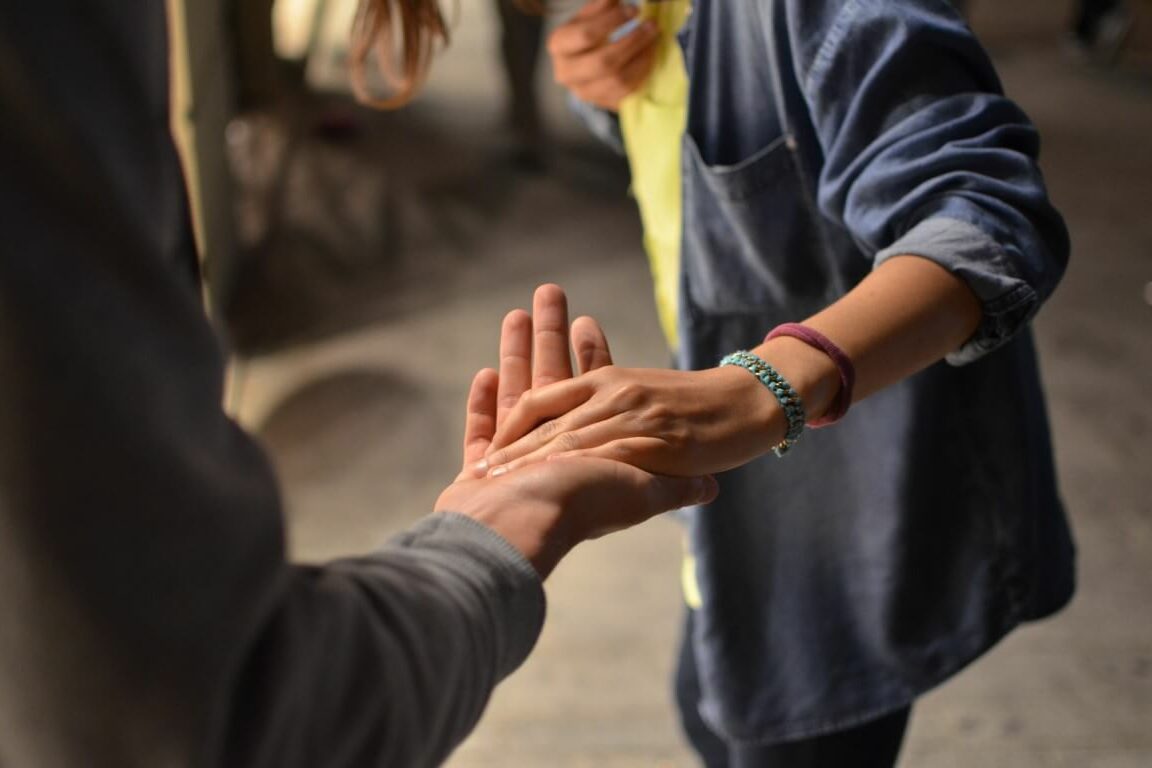Healthy relationships are important to addiction recovery for several reasons. Addiction recovery can be challenging, and having a strong support system in place can make all the difference. Healthy relationships provide individuals in recovery with the emotional support they need to navigate the ups and downs of the recovery process. Healthy relationships hold individuals in recovery accountable for their actions and help them stay on track with their sobriety goals. Loved ones can provide encouragement and motivation to stay sober, especially during times of stress or temptation. Isolation is a common issue for individuals with addiction, but healthy relationships can help combat this. They provide individuals in recovery with social connections and a sense of belonging that can help reduce feelings of loneliness and isolation.
Healthy relationships can boost an individual’s self-esteem and sense of self-worth. Positive feedback and encouragement from loved ones can help individuals in recovery feel more confident in their ability to stay sober and make positive changes in their lives. Addiction can damage relationships, but healthy relationships can also help heal past wounds. Working through issues with loved ones can provide a sense of closure and allow individuals in recovery to move forward with a fresh start.
Healthy relationships are important to addiction recovery because they provide support, accountability, reduced isolation, improved self-esteem, and can help individuals heal past wounds. By building and maintaining healthy relationships, individuals in recovery can increase their chances of long-term sobriety and a happier, healthier life.
Here are some characteristics of what healthy relationships are for people in recovery:
- Supportive: Healthy relationships are supportive and encourage individuals in recovery to make positive choices and stay on track with their sobriety.
- Non-judgmental: Judgment can be damaging to individuals in recovery, and healthy relationships avoid it. Instead, they provide a safe and non-judgmental space for individuals to share their thoughts and feelings.
- Honest: Honesty is a key component of healthy relationships. Individuals in recovery need to feel that they can trust their loved ones and that their loved ones can be honest with them.
- Respectful: Healthy relationships are built on mutual respect. Individuals in recovery should be treated with dignity and respect, and they should also show the same respect to their loved ones.
- Boundaried: Boundaries are essential in healthy relationships. Both parties should respect each other’s boundaries and communicate openly about what is and is not acceptable.
- Balanced: Healthy relationships are balanced and give both parties the space to pursue their own interests and goals while also supporting each other.
Overall, healthy relationships are supportive, non-judgmental, honest, respectful, boundaried, and balanced. These characteristics are crucial for individuals in recovery to build and maintain strong relationships that can support their long-term sobriety.
The Reality of Returning to Toxic Relationships After Addiction Recovery
One of the most difficult aspects of this journey is establishing healthy relationships after addiction. Often, individuals in recovery are returning to the same environment and relationships that contributed to their addiction in the first place. This can make it difficult to find healthy relationships immediately after addiction recovery.
The reality is that many of the people and places that individuals in recovery used to spend time with are still part of their lives. It can be challenging to break away from these relationships, especially if they are family members, close friends, or even romantic partners. Many times, these relationships are toxic and contribute to the addiction cycle. It is essential to recognize that it takes time and effort to establish healthy relationships after addiction.
However, it is crucial for individuals in recovery to take responsibility for their own recovery and continue to nurture positive relationships. This means recognizing which relationships are toxic and detrimental to their recovery and setting boundaries or even ending those relationships if necessary. It also means seeking out and fostering relationships that are positive, supportive, and conducive to their recovery.
While it may be difficult to establish healthy relationships after addiction, it is possible with effort, patience, and determination. It is essential to focus on personal growth and prioritize self-care, as these efforts can help build self-esteem and confidence, which can in turn attract healthy relationships. Additionally, seeking out support groups or therapy can provide individuals in recovery with a community of individuals who are also focused on establishing healthy relationships and maintaining sobriety.
In conclusion, finding healthy relationships after addiction recovery may be challenging, but it is not impossible. It requires the willingness to recognize toxic relationships, set boundaries, and prioritize personal growth and self-care. It is the responsibility of individuals in recovery to rise above their circumstances and build positive, supportive relationships that can help them maintain their sobriety and live a fulfilling life in recovery.







